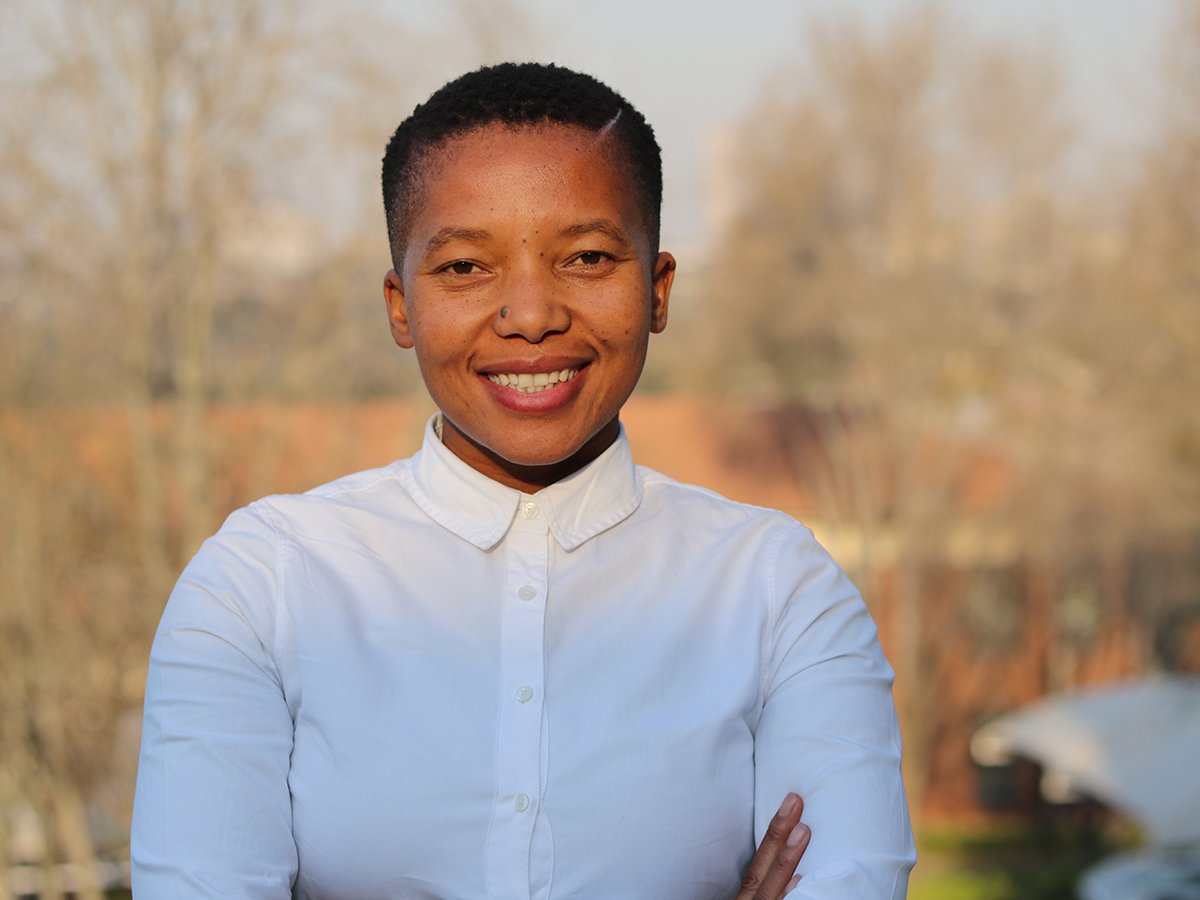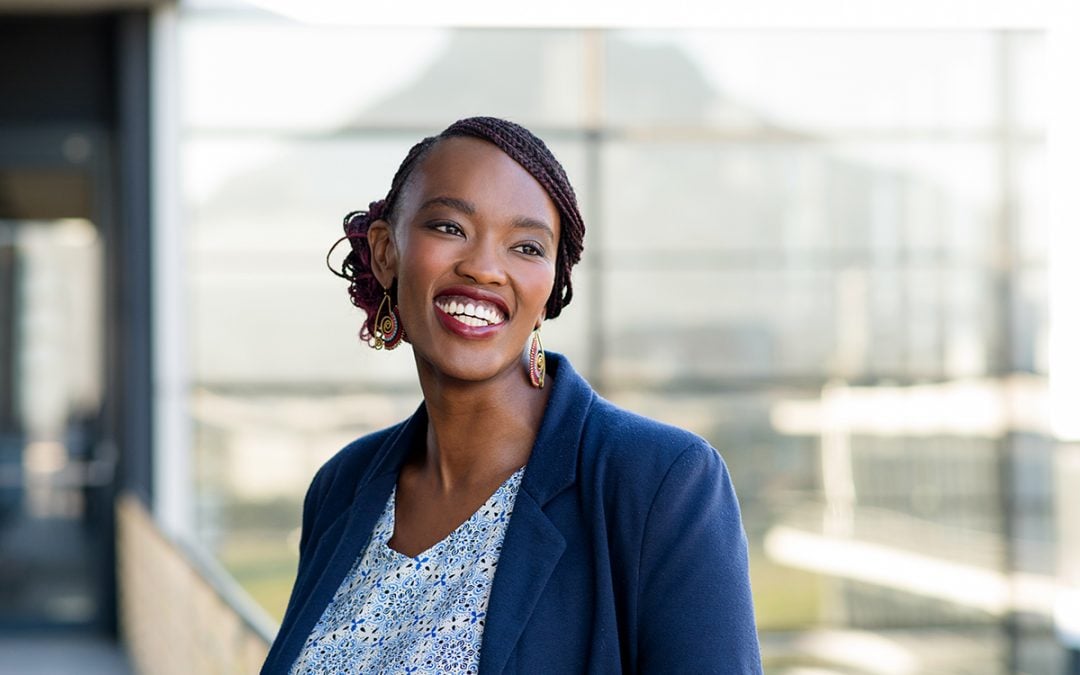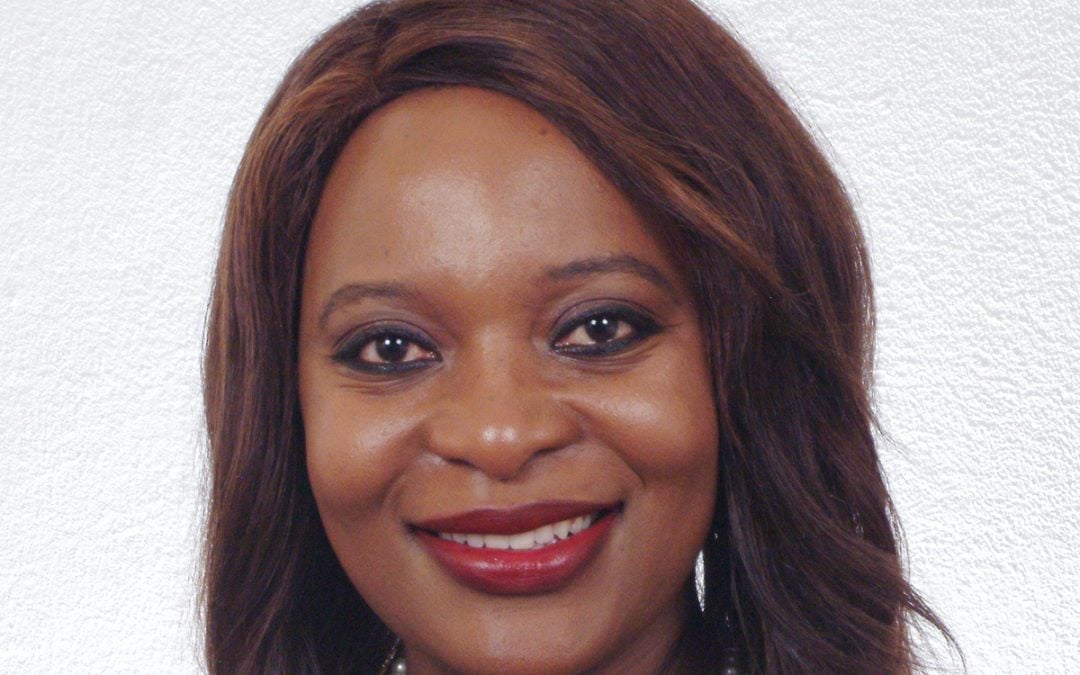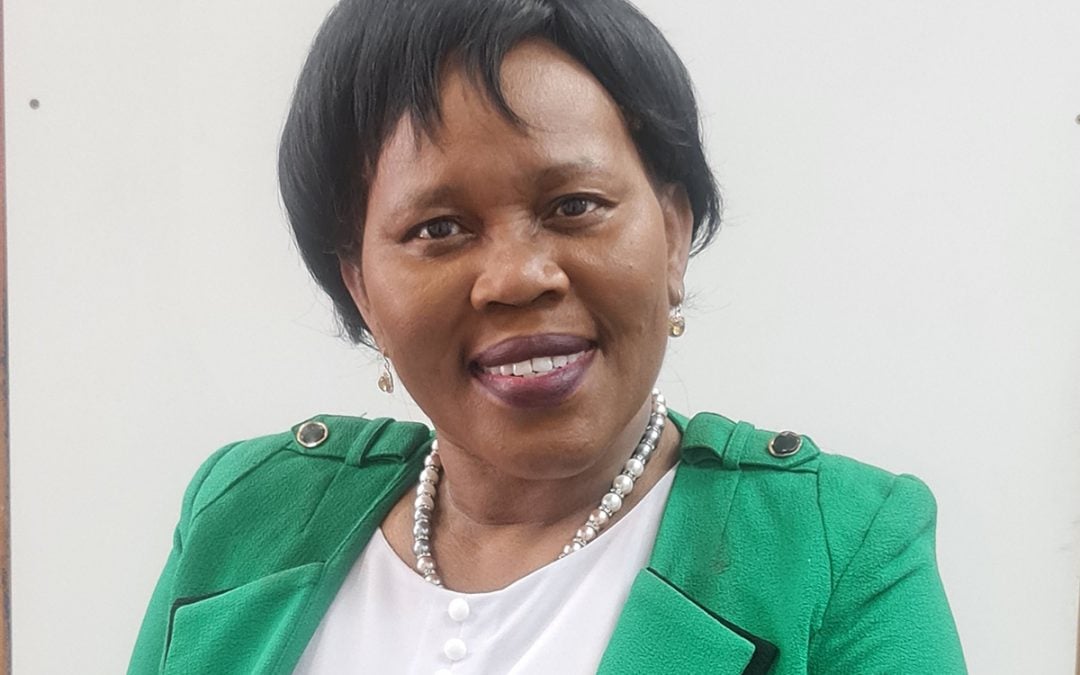Dr Abongile Qamata is a clinician who recently made the switch to a medical adviser at the Afrocentric Group. After working as a clinician for seven years, she felt the need for a change within her field. “At Afrocentric, I’m in the health policy and medical advisory unit and I’m leading the alternatives to hospitalisation strategy, which provides other options to the traditional bricks-and-mortar hospitals,” she says. Qamata’s mother and brother have both been teachers for more than 20 years and she took this as a lesson to not pigeonhole herself in the same career for a lifetime. “I qualified at 21 as a medical doctor and I couldn’t imagine working for another 40 years doing the same thing. People should diversify and apply themselves in multiple career streams. We can’t be doing things the same way our parents did,” she says.
Qamata’s shift to an advisory role has exposed her to different elements in the medical field, particularly “managed care”. She believes that patients with acute symptoms are best cared for at home, and Afrocentric has partnered with a number of organisations, including Cure Medical, to help facilitate this care. “Cure Medical does remote patient monitoring. Their technology makes sure that data is monitored minute by minute, rather than the conventional three- to four-hour check-ins that nurses do in hospitals. If your doctor logs on in the afternoon, they can see everything that happened in the morning and overnight,” she says. Admitting patients at home also allows doctors and caregivers to garner a holistic approach to caregiving as they can see how the living conditions of patients might contribute to their conditions. “You’re able to see into their life, which you can’t see when they are a hospital patient in isolation lying on a hospital bed,” she says.
Qualifying as a doctor at 21, Qamata has 15 years of experience in the medical field. She performed well at school and had to interrogate whether her strong academics pushed her towards medicine or if this was something she wanted. “When I applied to university, I realised I didn’t want to do anything else. I am very passionate about health promotion and disease prevention, and I think we as clinicians have a responsibility to empower people to look after their health and not just keep coming back,” Qamata says. Her passion for health promotion saw her enrol for a master’s in public health and nutrition at the University of Stellenbosch, where she is currently finalising her thesis for submission at the end of the year. Her research focuses on noncommunicable diseases and how lifestyle and nutrition can influence contracting and living with these, specifically in the management of metabolic syndrome.
The narrative of young people with strong academic performances being channelled into medicine made Qamata sceptical of her own potential at times while growing up. Despite this, she advises young women to dare greatly — advice she believes would have been helpful to her while at school. “I was very reserved and did not put myself out there as much as I should have. I was smart, young and had a lot of potential, but I didn’t tap into it as much as I should have and as much as I could have. Looking back, I would tell my younger self: ‘Girl, you have a lot going for you, so dare and dare greatly,’” she says.
Young women and girls, you have so much potential that you need to exploit. Hard work and potential need to come together and, when they do, they make magic.




























